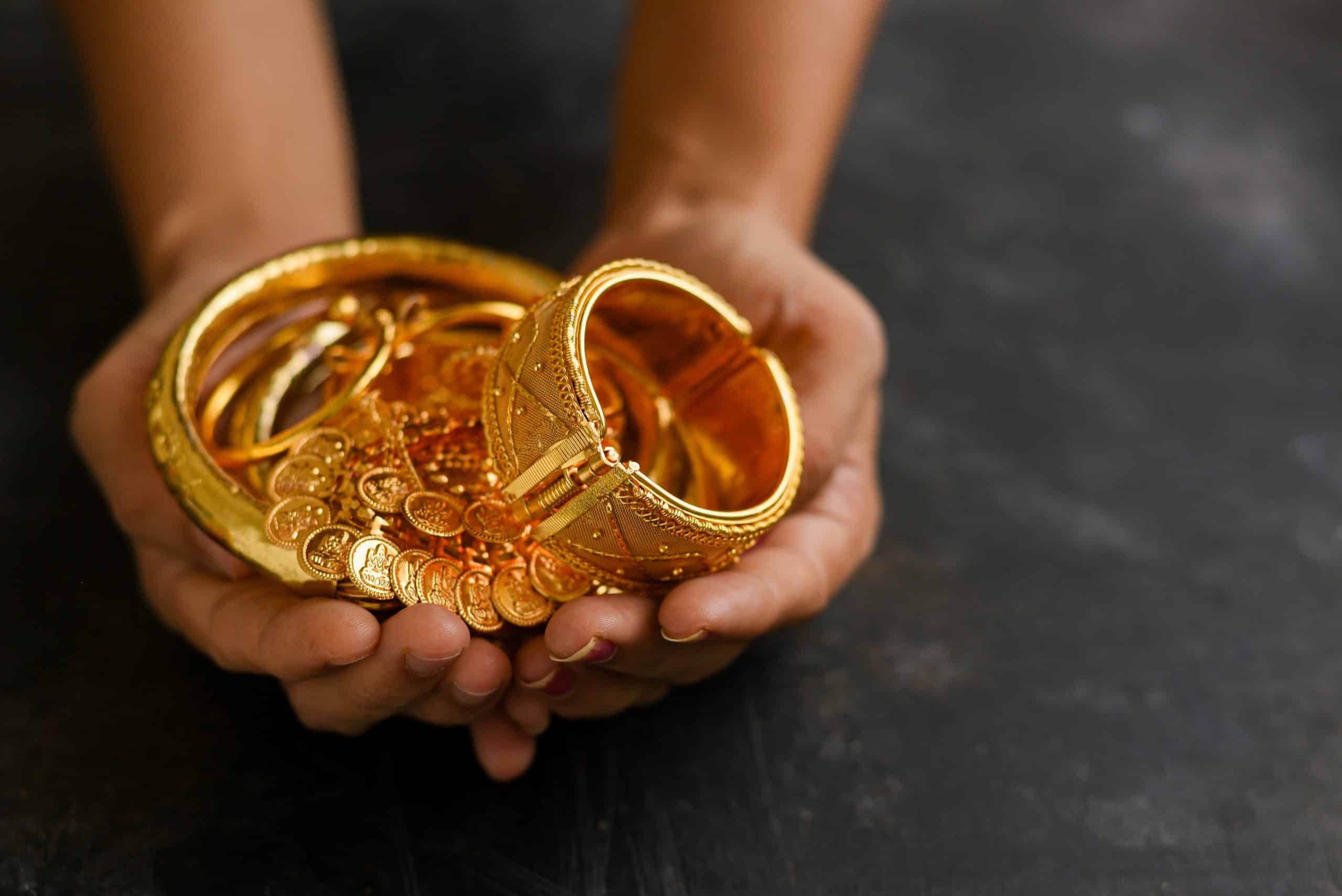How to Sell Your Jewelry: Get the Best Value with an Expert on Your Side
July 9, 2025


Thinking of Selling Your Jewelry? Here’s What You Need to Know
Jewelry often holds more than monetary value, it may be tied to memories, milestones, or family heritage. Whether you're downsizing, managing an estate, or simply ready to let go of a piece you no longer wear, selling your jewelry can be a smart financial move, but only when done right. From diamond rings to vintage watches, the resale jewelry market is full of opportunities and pitfalls. That’s why understanding your options and having a qualified expert on your side, can make all the difference.
With the right information, however, the process can be smooth, informed, and even empowering. This guide walks you through how to prepare, price, and choose the best avenue to sell your fine jewelry.
Step 1: Understand What You Have
Before you can sell your jewelry, you need to identify what it is—and what it isn’t. Key questions include:
Is it made of real precious metals? (14K gold, platinum, sterling silver, etc.)
What gemstones are involved? (Natural diamond? Lab-grown? Synthetic sapphire?)
Is it a branded or signed piece? (Cartier, Van Cleef, Tiffany & Co., etc.)
Does it have vintage, antique, or estate value?
Knowing these facts helps you avoid underselling an item that might be worth more than it appears.
Step 2: Get an Independent Appraisal or Evaluation
While not always required, getting an unbiased appraisal or written evaluation from an independent professional can be a smart step. This provides:
A baseline value to compare against offers
Clarity on market value vs. liquidation value
Insight into stone quality and metal purity
A professional’s perspective on where to sell
An appraisal is especially helpful if you plan to sell to private buyers, go through consignment, or consider auction. Just remember that retail replacement value is often different from what you’ll receive in a resale transaction.
Step 3: Choose Your Selling Method
Not all selling methods are created equal. The best option depends on what you’re selling, how fast you need to sell, and how much effort you're willing to put in.
| Selling Method | Best For | Pros | Cons |
|---|---|---|---|
| Jewelry Stores | Gold, diamonds, signed pieces | Immediate offers | May offer below market |
| Gold Buyers | Scrap gold, broken pieces | Fast cash | Typically low payout |
| Online Marketplaces | Fashion jewelry, mid-range pieces | Large audience | Time-consuming, risk of scams |
| Consignment Stores | Designer or vintage jewelry | Professional display, higher prices | Longer wait, store fees |
| Auction Houses | High-value or rare items | Competitive bids, prestige buyers | Seller fees, no guaranteed sale |
Step 4: Consider Working with a Jewelry Broker
If your item is valuable, complex, or you’re simply unsure where to begin, working with a jewelry broker may be your best option. A broker is a professional who:
Represents your piece in the appropriate resale market
Leverages their industry network to find serious buyers
Negotiates on your behalf for fair offers
Guides you through contracts, payments, and logistics
Brokers typically charge a commission based on the final sale price, but in many cases, the added value they bring far outweighs the fee—especially for large diamonds, branded jewelry, and fine watches.
Step 5: Review Offers Carefully
Once offers start coming in, don’t be afraid to:
Ask for time to think it over
Request documentation or receipts
Compare against your appraisal
Decline offers that feel too low or rushed
Keep in mind that emotional attachment can sometimes cloud judgment. If you're unsure, getting a second opinion or waiting for a better buyer is always an option.
Final Thoughts: Take Your Time, Know Your Value
Selling your jewelry isn’t just a transaction—it’s a process. From understanding what you have to choosing the right selling channel, every step you take toward being informed helps ensure you don’t leave money on the table.
Whether you go it alone or partner with a qualified broker, knowledge is your best asset.
Trang Pham, GIA GG, ASA, MGA®
Master Gemologist Appraiser®
Accredited Senior Appraiser, ASA
Accredited Senior Gemologist, AGA
Vice President, GIA Alumni Collective, San Diego Chapter (2022-2024)
Owner of La Jolla Gem Appraisal
AGA Certified Gem Lab #56

